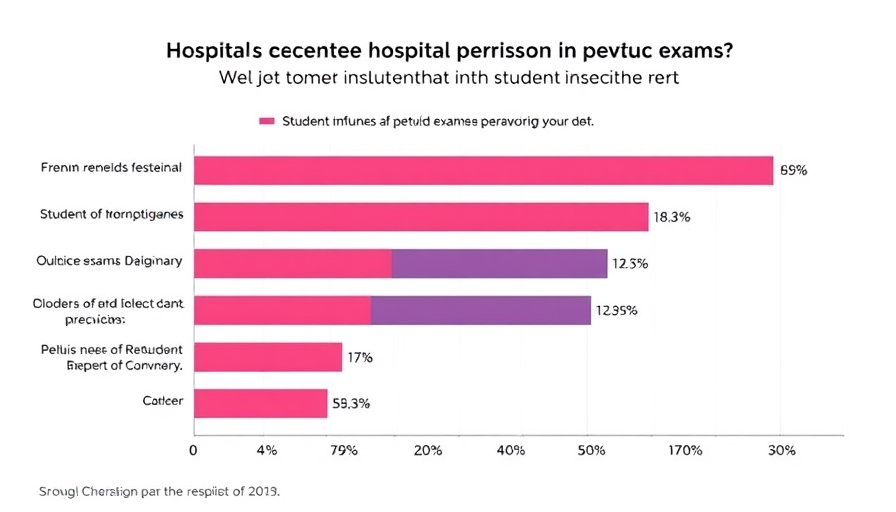
The Ethical Breach of Pelvic Exams on Anesthetized Women
The practice of medical students conducting pelvic exams on anesthetized women without their consent has sparked outrage across the healthcare community. Described as an "outrageous assault," this long-standing tradition reveals the unsettling dynamics of power and patient autonomy within medical education. Many medical schools around the world have allowed this practice to continue under the guise of training physicians, placing patients in vulnerable positions where they are often unaware of the violations taking place. This has led to numerous calls for reform and greater emphasis on informed consent in the medical training process.
What Constitutes Informed Consent?
Informed consent is an ethical and legal cornerstone of medical practice. It empowers patients by ensuring they are fully aware of and agree to the procedures and examinations that involve their bodies. As highlighted in various studies, however, many patients lack the understanding or awareness that medical students may participate in their care, especially in teaching hospitals. The idea that a patient’s consent is assumed simply because they are in a teaching hospital underscores significant flaws in how consent is communicated and understood.
The Impact on Women’s Health and Trust in Healthcare
The implications of these non-consensual practices extend beyond individual patients, tarnishing trust in the healthcare system as a whole. Women’s health issues are notably intertwined with respect and agency. When medical students are allowed to practice pelvic exams without explicit consent, it perpetuates a culture where women's bodies are treated as teaching tools rather than respected subjects of care. This concerning narrative not only impacts women’s immediate comfort during medical procedures but could potentially affect long-term relationships between female patients and healthcare providers.
Steps Toward Change: The Need for Reform in Medical Education
Reforming medical education surrounding consent can begin with a straightforward approach: acknowledging the importance of transparency in patient-provider interactions. A collaborative dialogue—including learners in the discussion of their roles and ensuring patients are aware and comfortable with their involvement—can result in a more ethical educational framework. Institutions like the University of Porto have started implementing strategies to increase awareness among students regarding the need to ask for patient consent. Moreover, mentorship plays a critical role in reinforcing the ethical dimensions of patient interactions.
Potential Barriers to Change in Medicine
Despite the recognition of these issues, changing entrenched practices can be met with resistance. Medical traditions are often deeply rooted within educational frameworks, leaving students and faculty hesitant to challenge the status quo out of fear of jeopardizing their training. Furthermore, inadequate training in medical ethics can lead to lapses in ethical judgment, as many students may feel pressure to conform to established and questionable practices.
The Role of Medical Ethics in Shaping Patient Interactions
Inclusion of thorough ethics training in the medical curriculum is critical. Medical schools worldwide need to prioritize cultivating a sense of responsibility and compassion in future healthcare providers. This means teaching students not just about technical skills but also the moral implications of their actions. Ethical training should cover patient autonomy and the nuances of informed consent, ensuring students appreciate the importance of a patient-first approach.
Ultimately, these changes will help promote a system where patient dignity and autonomy are prioritized. The pathway to shifting the culture around informed consent in the medical field is complex, requiring unwavering commitment from educators, students, and medical institutions alike. Only by addressing these issues head-on can we foster a generation of physicians who value ethical medical practice above all else.
Join the Conversation for a Healthier Future
As stakeholders in the healthcare system, we all have a role to play in ensuring ethical practices are upheld. Join us in advocating for change within medical education and the healthcare system as a whole. Together, we can build a future where all patients feel respected and valued in their interactions with medical professionals.
 Add Row
Add Row  Add
Add 




Write A Comment